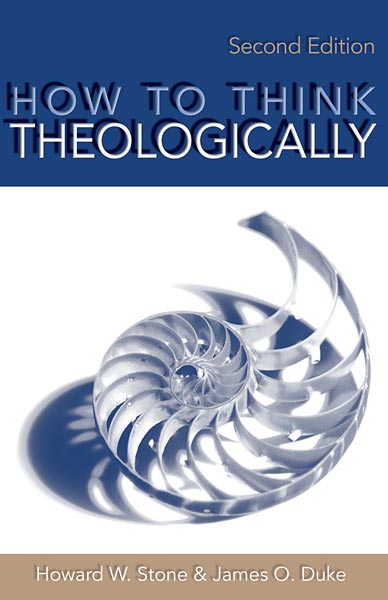Here's what I had planned to say.
Mme. Chair and Members of the Committee:
I'm David Cobb, pastor of Spirit of Joy Christian Church in Lakeville. I also volunteer with the Joint Religious Legislative Coalition. JRLC is supported by 79% of Minnesota's faith communities, Christian, Muslim, and Jewish, in every legislative district in the state.
I am here as a person of faith to speak up for those who often have no voice. They can't get off work to care for their children, let alone to come to a hearing. On their behalf I commend the Governor's goals:
- To raise revenue adequate not only to balance the budget but to meet human need
- To tax fairly, calling on more from those of us with the ability to pay
- To promote public stewardship and serve the common good
She came through our doors last year because we changed her oil when she couldn't afford to. It's such a simple thing. But it makes a difference. Twice a year single moms bring their cars, many of them rusting out and on their last legs, to our parking lot where we offer them what for most of us is routine maintenance. An oil change can feed a child for a week. Some have to choose.
We collect food for the Lakeville food shelf. We serve meals at St. Stephen's shelter. We do what faith communities do every day: we identify and meet the subsistence needs of those who struggle. We do it without fanfare. It's what neighbors do.
But we only answer part of our calling if we do not work to correct the systems that cause poverty in the first place. Our regressive tax system causes poverty.
According to the MN Revenue Tax Research Division, the lowest 10% of Minnesotans earn under $11,298 annually. These families pay an effective tax rate, counting state and local taxes, of 30.5%. Afterward, they live on $654 a month. They'd have an extra month and a half of income if they paid what those of us in the middle pay, 12.1%. The top 1% earns over $472,626 and pays an effective rate of 9.7%.
The widow's mite may not be much to me; it's everything to her.
I urge this committee to raise revenue fairly with the poorest among us in mind. The human heart beats with the rhythm of the common good. Revenue must be adequate, it must be fair, and it must be more progressive than it is right now.
Listen to to the better angels of our nature. Measure the common good not by the good it does for those who take their oil changes for granted, but by the good it does for those who can't. Please ensure that this budget serves the common good.



